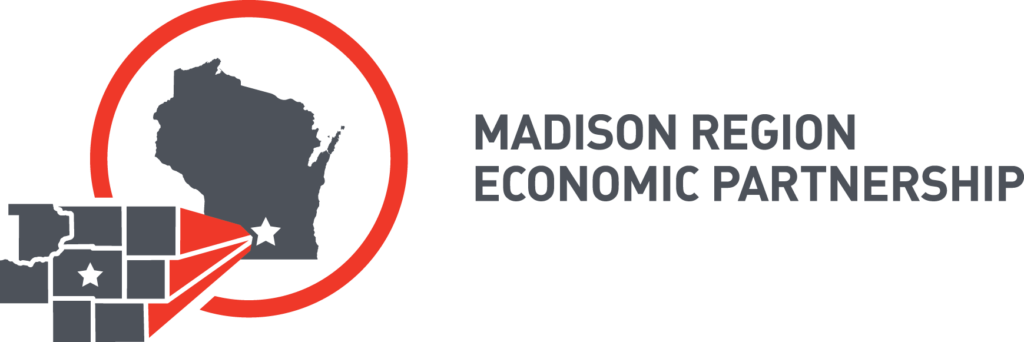HORICON — Marshland Crossing Business Park makes its debut in Horicon next week more than six years after its inception.
Situated on the far western edge of Horicon, the property features direct access to State Highway 33, over 66 shovel-ready acres of developable land and potential rail connectivity.
The Horicon City Council approved the creation of a new industrial park in July 2016.
The city purchased a 40-acre plot from Cynthia Wrucke, located at W5326 Highway 33, for the purpose of creating a new industrial park. The Horicon Community Development Corporation purchased three separate 40-acre plots from Wrucke in December 2015.
At that time, City Clerk/Treasurer Kristen Jacobson said Horicon couldn’t attract new industrial business because of a lack of available space.
“The city is currently out of vacant land in our industrial park except for a three-acre plot,” she said.
The land was annexed by the city of Horicon from the town of Oak Grove and rezoned to limited industrial and heavy industrial land from prime agricultural land.
The property was also added into the Tax Increment District No. 5, which was created in 2015 to help with the John Deere expansion on East Lake Street.
According to Jacobson, Horicon has completed multiple studies on the site to determine its true development potential and, in partnership with Dodge County, the site received Gold Shovel site verification from Madison Region Economic Partnership (MadREP) in 2021.
Former Mayor Jim Grigg said the project picked up speed in 2021.
“We had approval from the state to put in two inlets and turning lanes along the highway and got that done last summer,” he said.
He said there have been discussions on and off with a couple of interested parties this past year but no signatures were put on paper.
The business park is available for a mix of uses including: manufacturing, warehousing, corporate, restaurant, multifamily, healthcare, and hotel or retail. The city is offering TIF assistance, as well as assistance with utility extensions, site improvements, infrastructure and reduction in land price.
The property is now featured on multiple nationwide site selector websites including MadREP and the Wisconsin Economic Development Corp.’s LocateInWisconsin website.
On Tuesday, May 24, at 5 p.m., a ribbon cutting ceremony open to the public will take place at the property to unveil the new signage.
More information on Marshland Crossing is available at cityhoriconwi.us.


